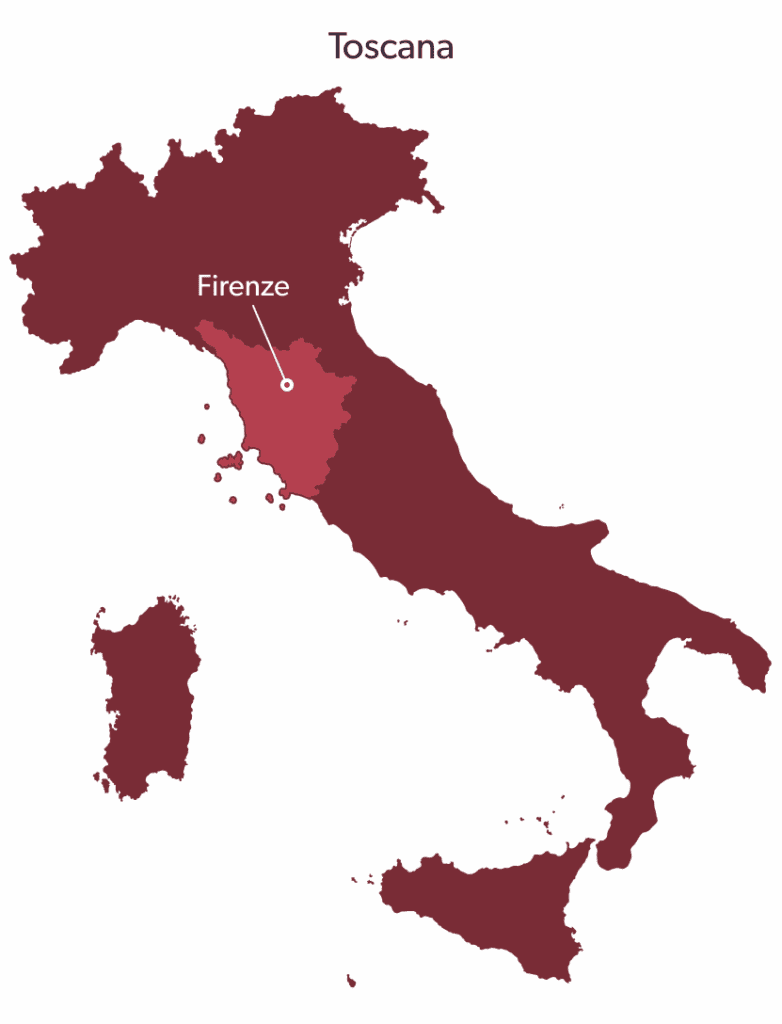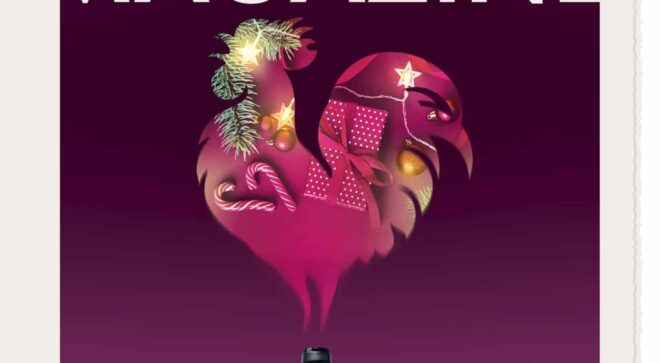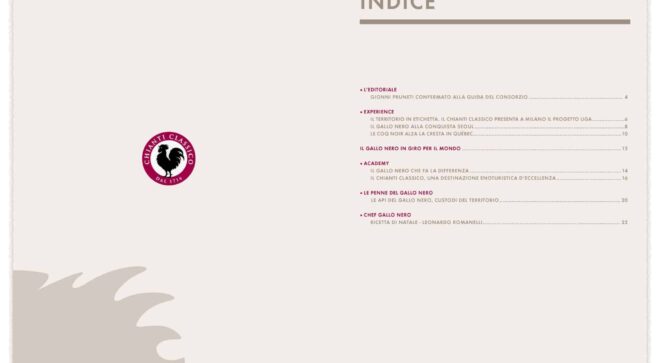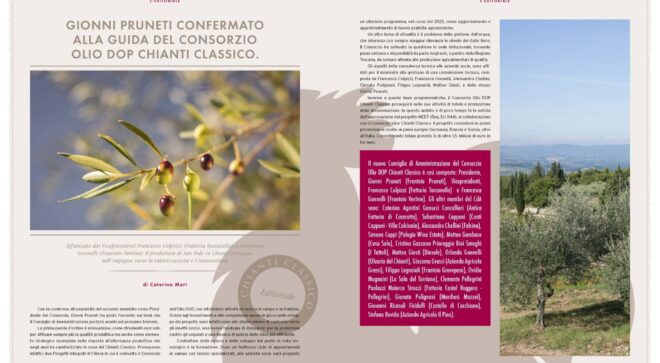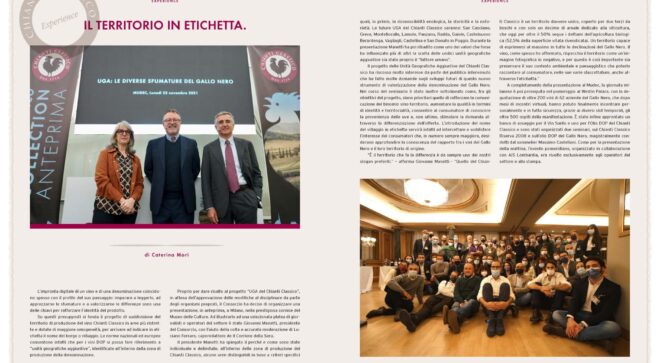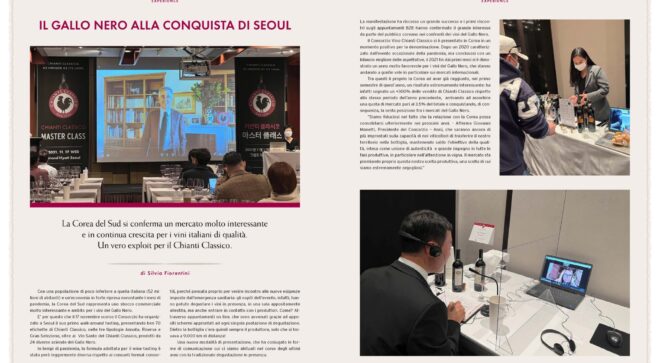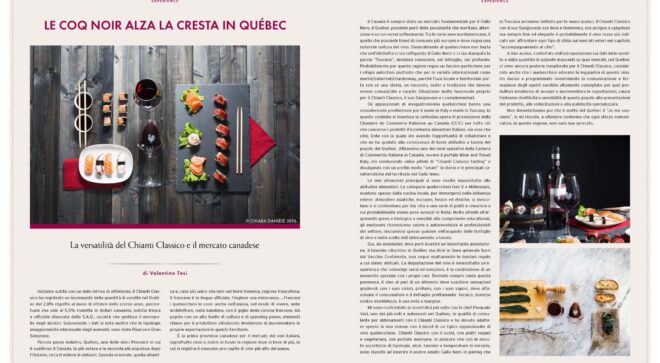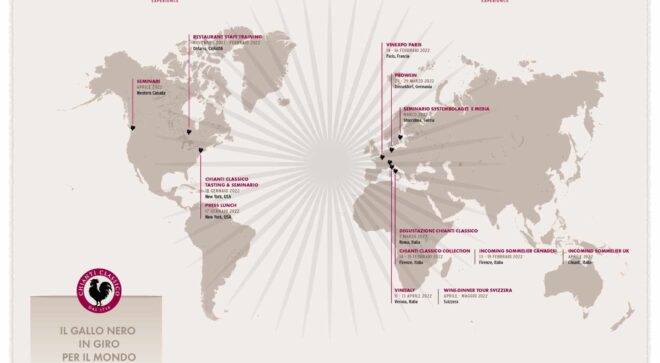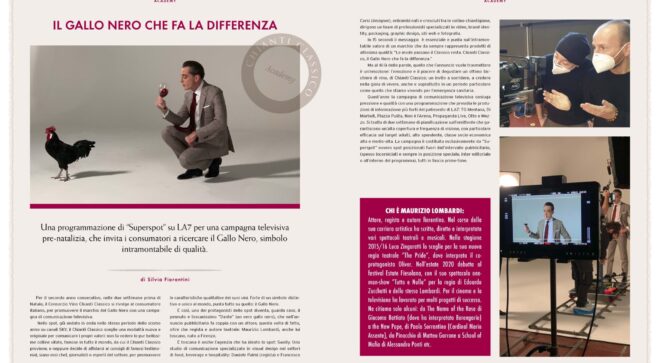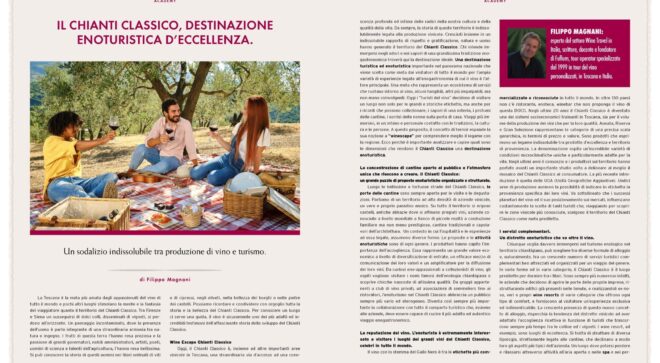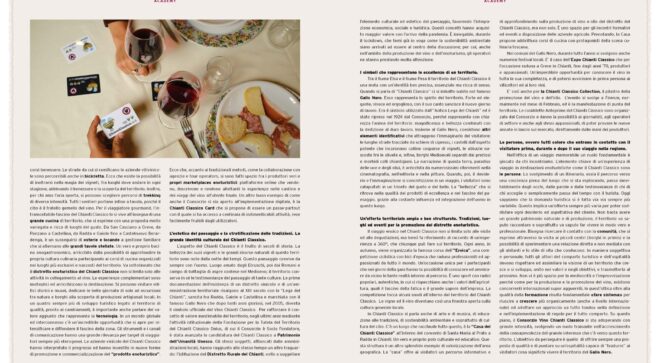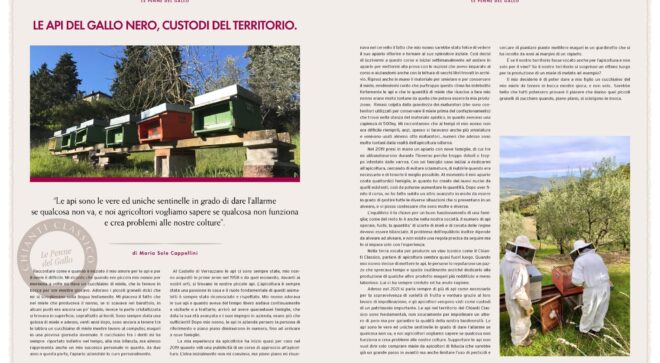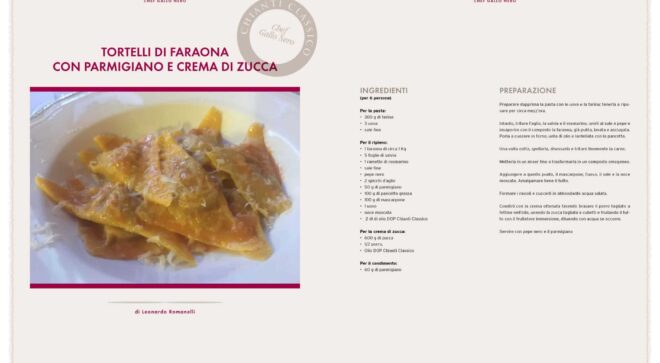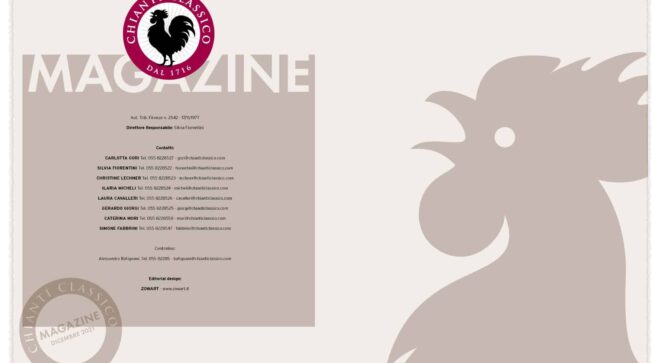- Wine
The Black Rooster Raises The Crest In Quebec
Let’s start right away with a figure full of optimism, Chianti Classico recorded an increase in the amount of sales in Quebec of 2.8% compared to October last year, a percentage that rises to 5.5% translated into Canadian dollars, according to recent official data released by the SAQ, the company that manages the alcohol monopoly. Looking at the data we also note that the typologies most affected by the increases are Riserva and Gran Selezione.
The versatility of Chianti Classico and the Canadian market, an article by Valentino Tesi for Chianti Classico Magazine
A little background, Quebec is one of the ten Canadian provinces, the largest and the second most populated after Ontario with approximately 8 million inhabitants. Located on the East Coast, the Atlantic coast, a rare and even unique fact in North America, Quebec is a French-speaking region. French, the second official language of Canada with English, is the majority. Quebecers are not only French-speaking but also European in their soul, in their way of life, in their architecture, in the flag, with the lily of the French crown.
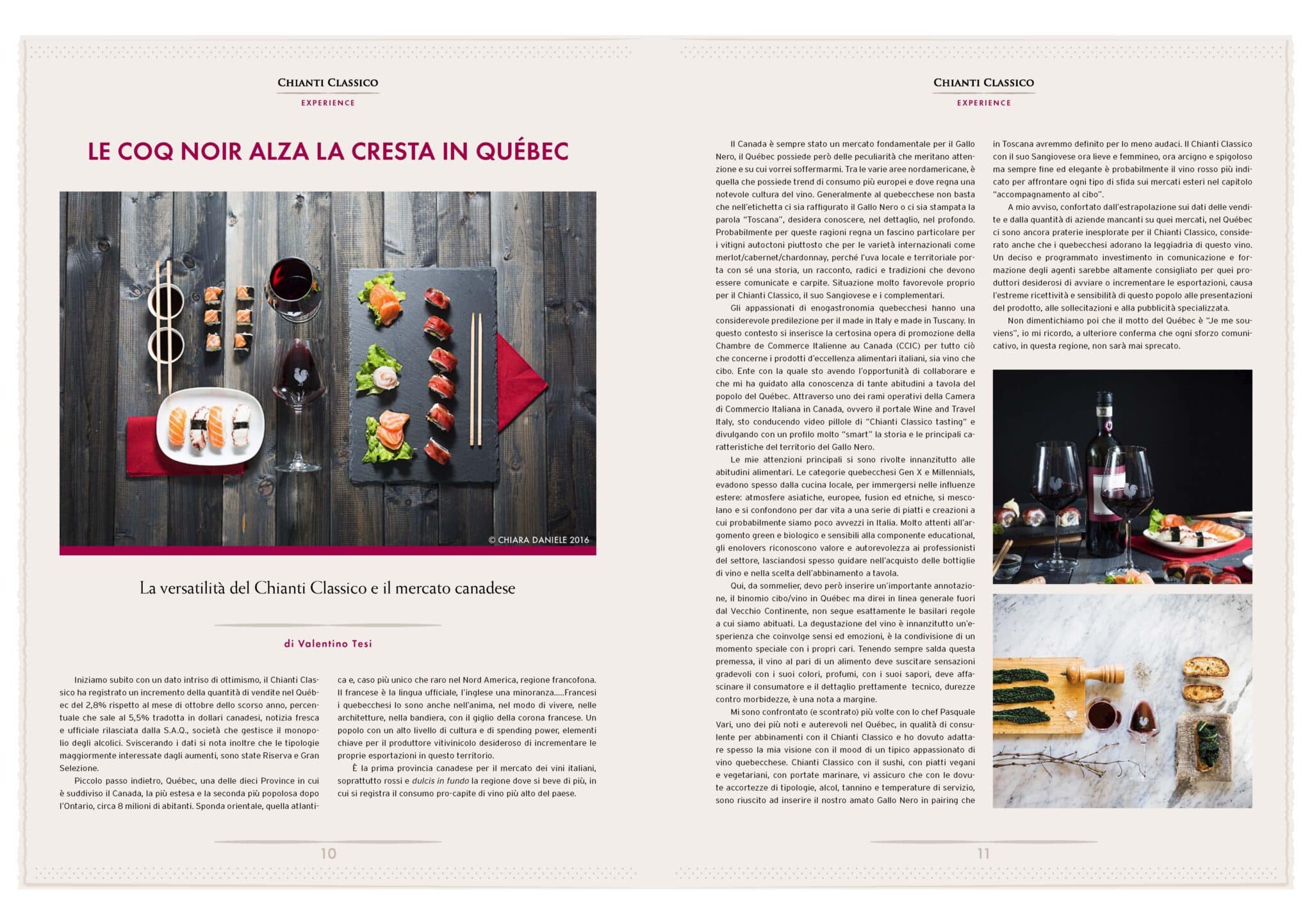
The high level of culture and the strong purchasing power of the population are two key elements for the winegrower wishing to increase his exports to this territory. It is the first Canadian province for the Italian wine market, especially red wines, and it is above all the Canadian province where we drink the most, which has the highest consumption of wine per capita in the country.
Canada has always been a fundamental market for the Black Rooster, but Quebec has a few particularities that deserve attention and on which I would like to dwell. Among the various North American provinces, it is the one with the most European consumer trends and where there is a notable wine culture. In general, it is not enough for Quebecers that the Black Rooster is represented on the label or that the word “Tuscany” is printed on it, they want to know more and discover in detail the product and its origin. It is probably for these reasons that there is a particular fascination with indigenous grape varieties rather than international grape varieties such as Merlot/Cabernet/Chardonnay, because the local and territorial grape variety brings with it a history, a tale, roots and traditions that need to be communicated and understood.
Quebec gastronomy and wine lovers have a considerable predilection for made in Italy and made in Tuscany. It is in this context that the Italian Chamber of Commerce in Canada strives to promote with meticulousness all about Italian food products of excellence, both in wine and in gastronomy. An organization with which I have the opportunity to collaborate and which has guided me to learn about the many habits of Quebecers at the table.
The Italian Chamber of Commerce in Canada has developed a portal dedicated to wines, authentic products and Italian territories, Wine and Travel Italy website. I produce, for this platform, video capsules of “tasting Chianti Classico” and I publish educational articles on the history and the main characteristics of the territory of the Black Rooster.
I have confronted (and clashed) several times with the chef Pasquale Vari, one of the best known and most authentic Chef in Québec, as a consultant for pairing with Chianti Classico and I have often had to adapt my vision with the mood of a typical wine lover in Quebec. Chianti Classico with sushi, with vegan and vegetarian dishes, with marinating dishes, I assure you that with the due care of types, alcohol, tannins and serving temperatures, I was able to insert our beloved Black Rooster in pairing that in Tuscany we would have defined at least daring.
Chianti Classico with its Sangiovese, now light and feminine, now grim and angular but always fine and elegant, is probably the most suitable red wine to face any type of challenge on foreign markets in the “accompaniment to food” chapter. To my mind, supported by the extrapolation of sales data and the number of missing companies in these markets, there are still unexplored prairies in Quebec for Chianti Classico, also considering that Quebecers love the grace of this wine. A decisive and planned investment in communication and agent training would be highly recommended for those producers wishing to initiate or increase exports, due to the extreme receptivity and sensitivity of these people to product presentations, solicitations and specialized advertising.
Let’s not forget that Québec’s motto is “Je me souviens”, I remember, as further confirmation that every communication effort in this region will never be wasted.
Valentino Tesi, Best Sommelier of Italy 2019
Valentino Tesi is a renowned sommelier and an expert in Chianti Classico wines for which he has the title of the First Master of Chianti Classico 2019.
Valentino Tesi is a professor sommelier at the Italian Sommeliers Association. He is the recipient of numerous awards: Winner of the Best Sommelier trophy at Vermentino 2017, Best Sommelier in Tuscany 2019, First Master of Chianti Classico 2019 and Best Sommelier in Italy in office.
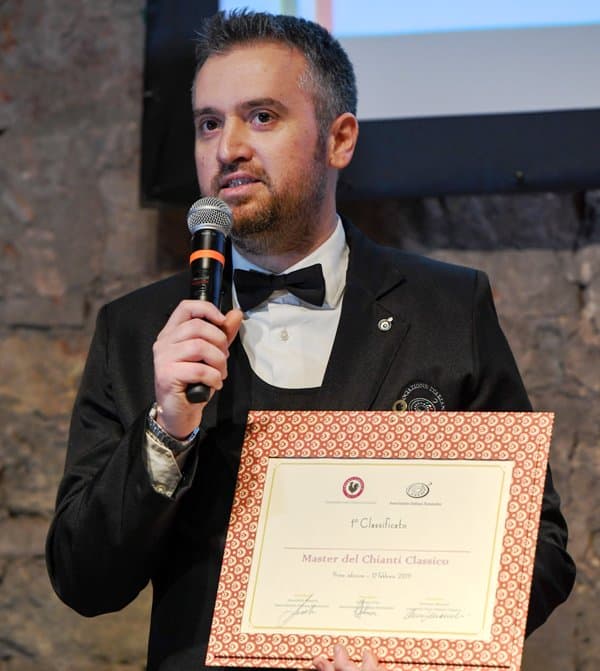
No results found.
NULL00
No results found.
NULL00
NULL00
No results found.
NULL00
No results found.
NULL00

